Publications
Articles, publications, books, tools and multimedia features from the U.S. Institute of Peace provide the latest news, analysis, research findings, practitioner guides and reports, all related to the conflict zones and issues that are at the center of the Institute’s work to prevent and reduce violent conflict.

Taiwan’s Democracy Prevailed Despite China’s Election Interference
The election of Lai Ching-te, or William Lai, as Taiwan’s next president despite firm opposition from China is a positive sign that democracy is alive and well on the island nation. Nevertheless, the fact that Lai, whom China has deemed a “troublemaker” and “separatist,” won by a narrow margin, and his Democratic Progressive Party (DPP) lost its majority in the Legislative Yuan, will be seen in Beijing as an acceptable outcome, as it restricts Lai’s ability to advance his agenda and reveals the limits of the DPP’s appeal.
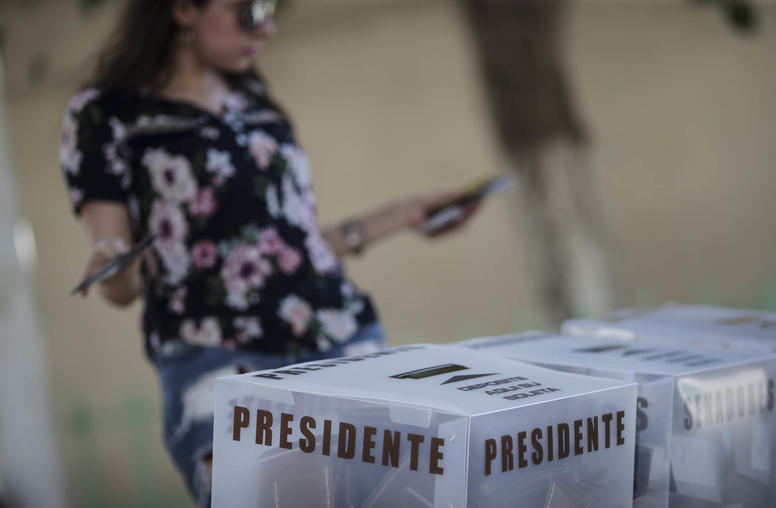
Un avance sobre las elecciones de 2024 en América Latina
En los últimos años, el sentimiento anti-oficialista se ha apoderado de la mayoría de América Latina, moviendo el péndulo electoral hacia la izquierda en México, Colombia, Honduras y Brasil, trastocando las coaliciones corruptas que durante mucho tiempo han gobernado en Guatemala y entregando la presidencia de Argentina a un autoproclamado "anarcocapitalista". Sin embargo, el 2024 podría resultar ser un buen año para los candidatos del oficialismo. En los cinco países con elecciones este año —El Salvador, Panamá, República Dominicana, Uruguay y México—, los aspirantes de los partidos gobernantes, al menos hasta ahora, encabezan las encuestas.
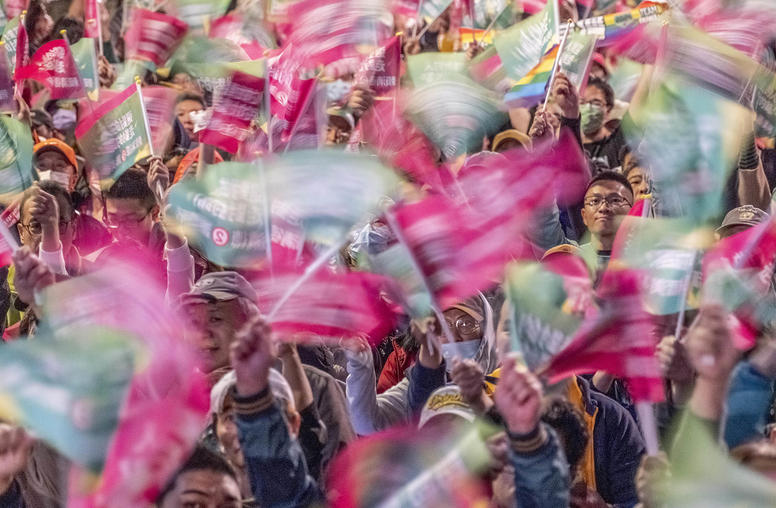
Are Taiwan and China on a Collision Course?
In a rebuff to China, Taiwanese voters on January 13 elected pro-sovereignty candidate Lai Ching-te as the island nation’s next president. Lai’s victory secures a historic third term for the ruling Democratic Progressive Party.
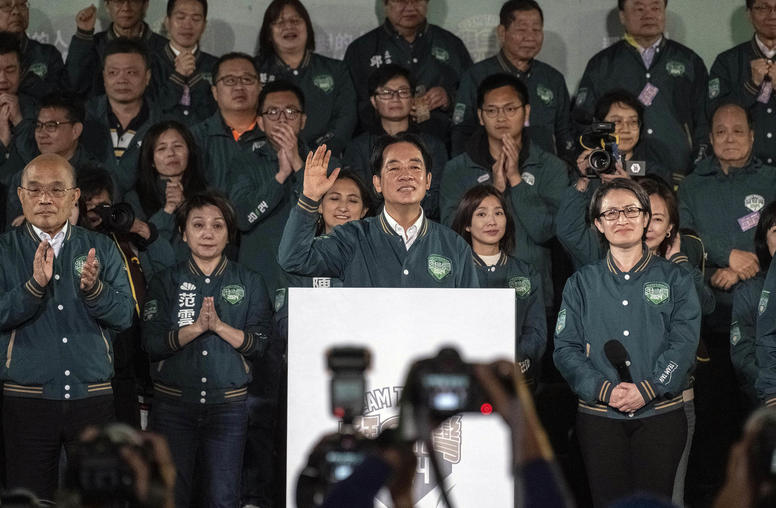
The Pivotal Elections of 2024: Key Races That Will Shape the Global Landscape
Around 2 billion people in more than 50 countries, including India, Chad, Mexico and South Africa, will go to the polls this year in what has been described as the Super Bowl of elections. From major democracies to emerging nations, the outcomes of these votes will undoubtedly play a crucial role in shaping the future trajectory of countries around the world. While some elections could produce conflict, most will take place under the threat of disruption — all of this will have serious implications for U.S. foreign policy and security.

A Preview of 2024 Elections Throughout Latin America
Anti-incumbent sentiment has gripped much of Latin America in recent years, swinging electoral results leftward in Mexico, Colombia, Honduras and Brazil, upending the corrupt coalitions that have long ruled Guatemala, and handing the presidency of Argentina to a self-proclaimed “anarcho-capitalist.” But 2024 may prove to be a good year for establishment politicians. In the five countries with elections on the calendar — El Salvador, Panama, Dominican Republic, Uruguay and Mexico — insider candidates are polling ahead, at least so far.
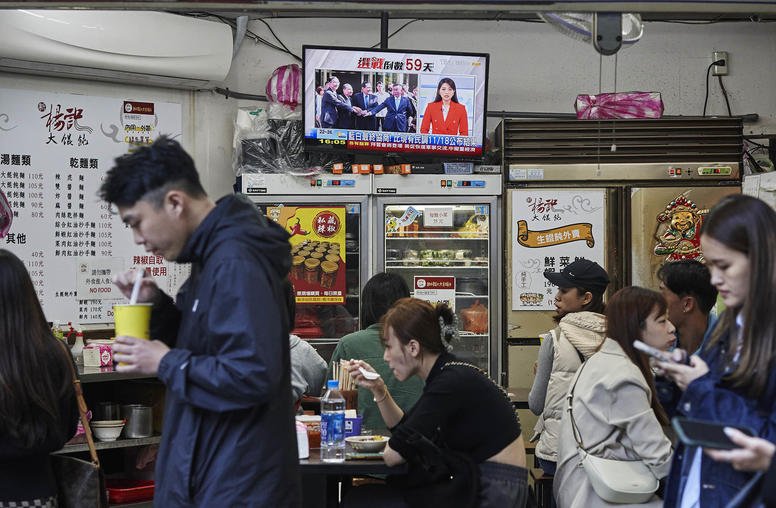
Taiwan’s Election Poses a Test for Island’s Ties with China
On January 13, Taiwanese will elect a new president in a race that is likely to have significant implications for the island’s relations with China as well as U.S.-China relations, regardless of who wins.

Disinformation Casts a Shadow Over Global Elections
This year will be one of the most consequential in recent memory, as more than 50 elections will take place in countries across the world covering nearly 2 billion people. With the role of technology increasing in a multitude of sectors, communications technology (i.e., social media platforms and messaging apps) and artificial intelligence (AI) are poised to have varying levels of impact on the elections in 2024. Without strong collaboration and planning between peacebuilders, civil society, technology companies and governments, the fallout from unmanaged technology use around the elections will be far reaching, from an increasing inability to discern fact from fiction to distrust in democratic political processes.
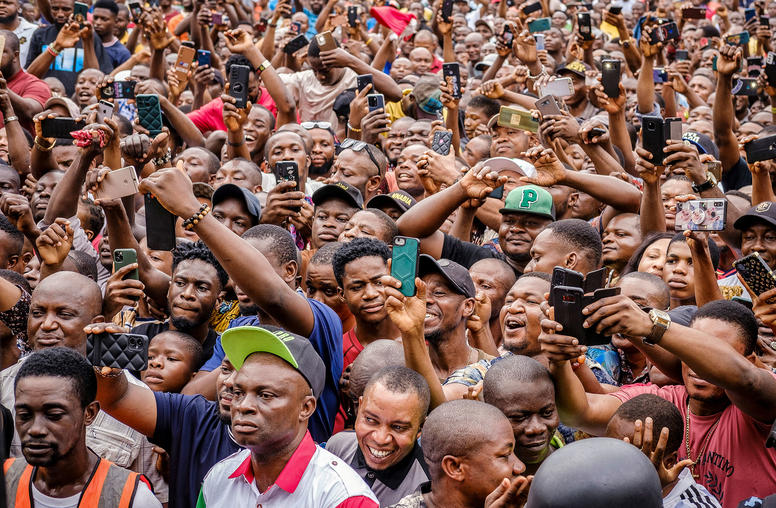
Nigeria’s Vote Signals Risks: How Its Partners Can Support Democracy
Nigeria’s disputed election 12 days ago is raising protest at home and concern abroad over its implications for the strength of democracy in that country and across Africa. Yesterday’s new wrinkle was the postponement of this week’s planned election for Nigerian state governors. Nigeria’s electoral commission is working to fix problems in a vote management system that failed to transparently process and report a result on February 25. An erosion of democracy’s credibility in Africa’s most populous nation would be catastrophic.
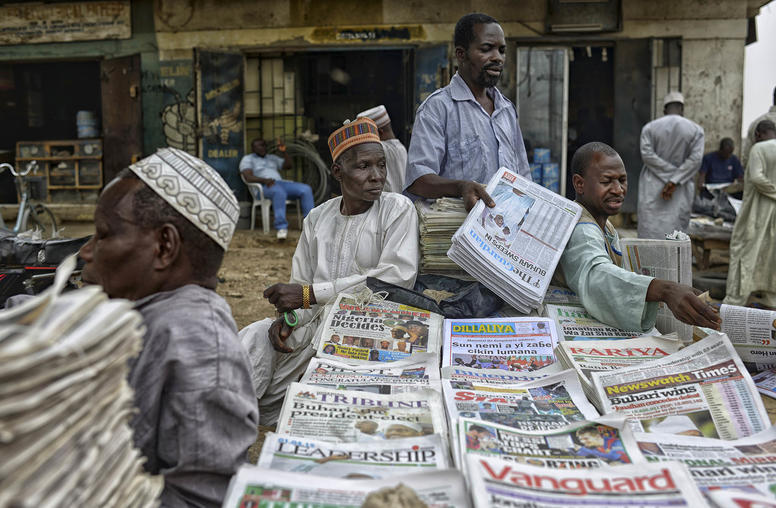
Amid Nigeria’s Turmoil, an Election Could Alter its Democracy
In mid-summer 2022, Nigeria is just seven months away from elections that could strengthen, or set back, its democracy. Good news includes a surge in voter registrations and a wave of civic engagement among young Nigerians who in recent years have often despaired of better governance through elections. Yet dangers loom: risks of electoral violence or disputed election results in a country where political and criminal violence has reached new levels. To help Africa’s most populous nation pivot toward stability — and to indirectly bolster democratization across the continent — the United States and other international partners should provide diplomatic, political and technical support for Nigeria’s electoral authority.
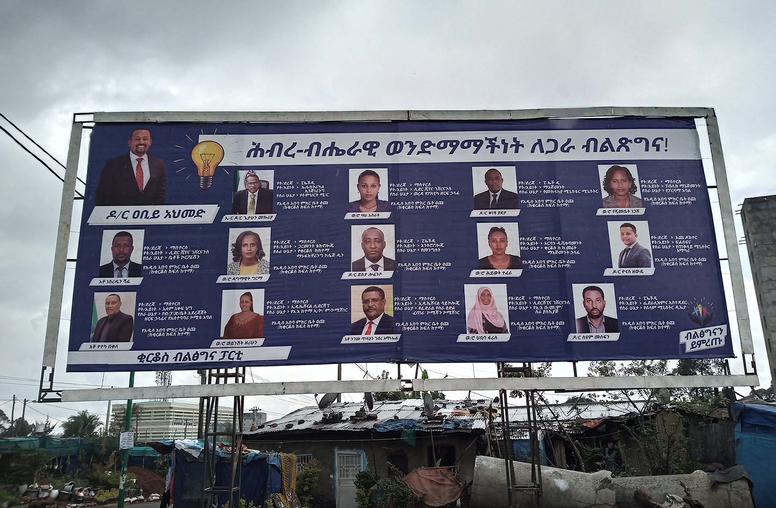
Why Ethiopia’s 2021 Elections Matter
Facing numerous technical difficulties, the National Election Board of Ethiopia (NEBE) delayed parliamentary elections from June 5 to June 21, postponing the vote for the second time. Some major opposition parties are boycotting, and no voting will take place in civil war hit Tigray or in several other areas facing insecurity. Elsewhere, deficiencies in election administration have meant voting has already been postponed in many constituencies, and some of the logistical arrangements to underpin the vote are still to be implemented. Although there are risks of electoral violence, any incidents are unlikely to be especially significant in a context of high levels of ongoing political violence.